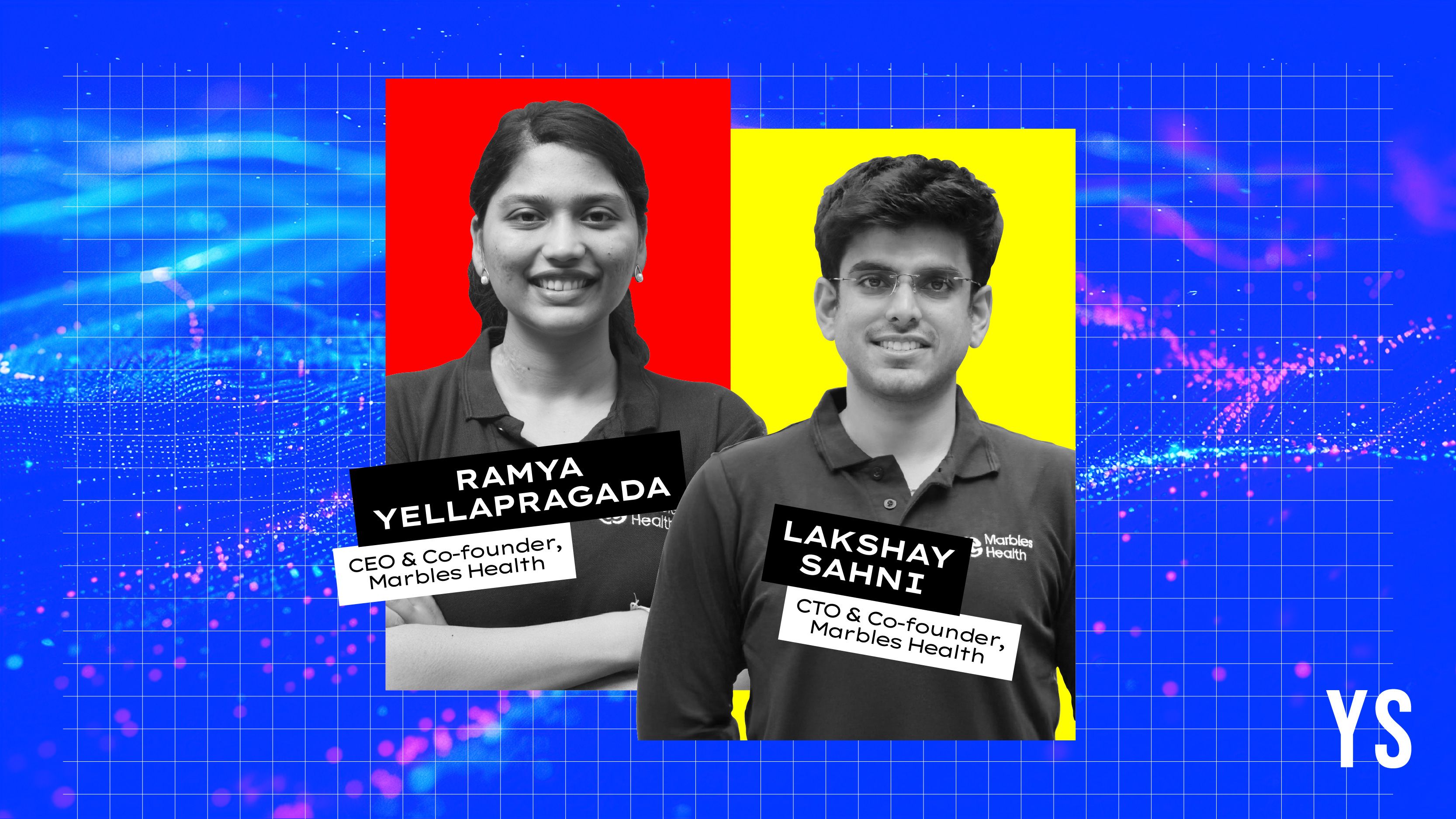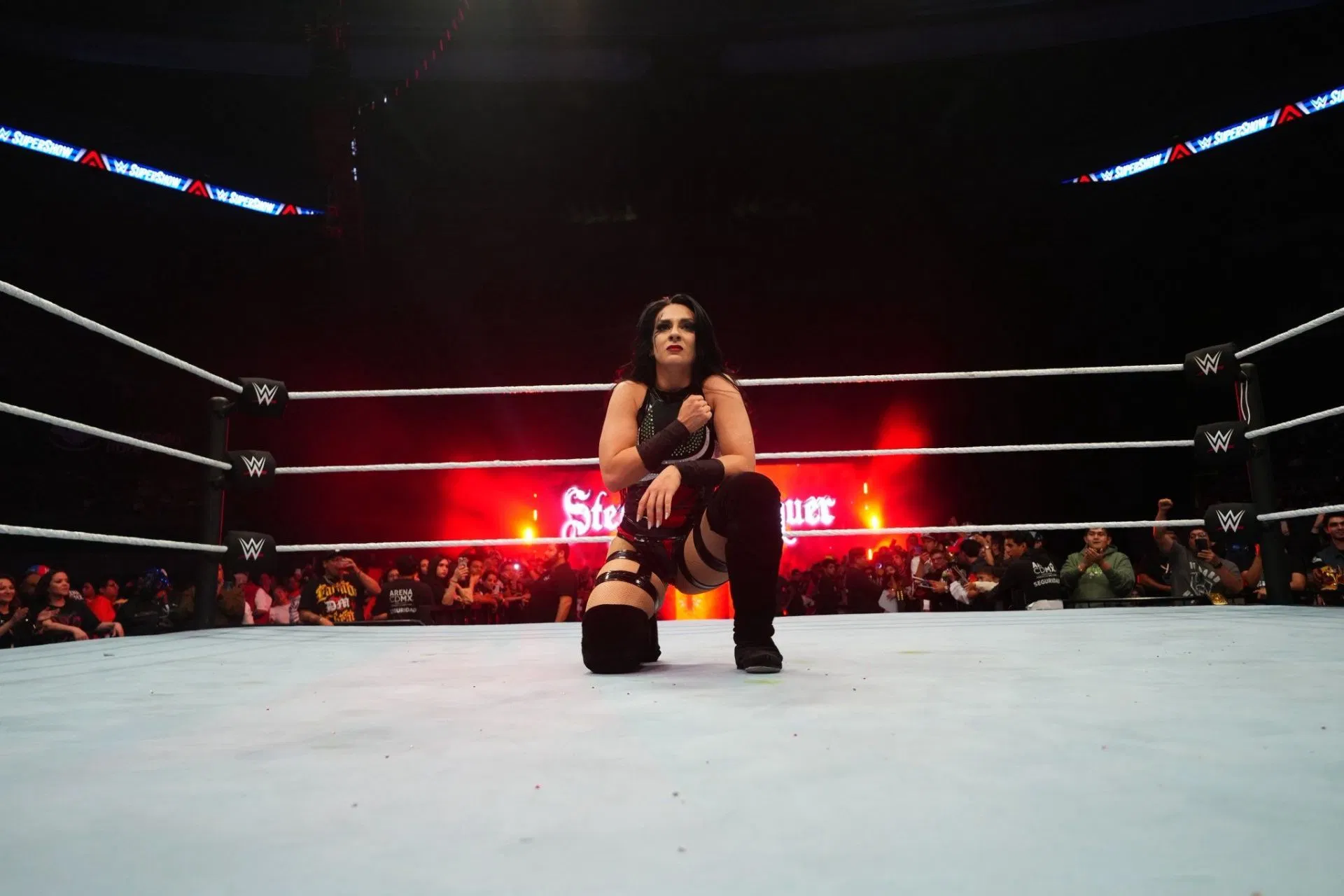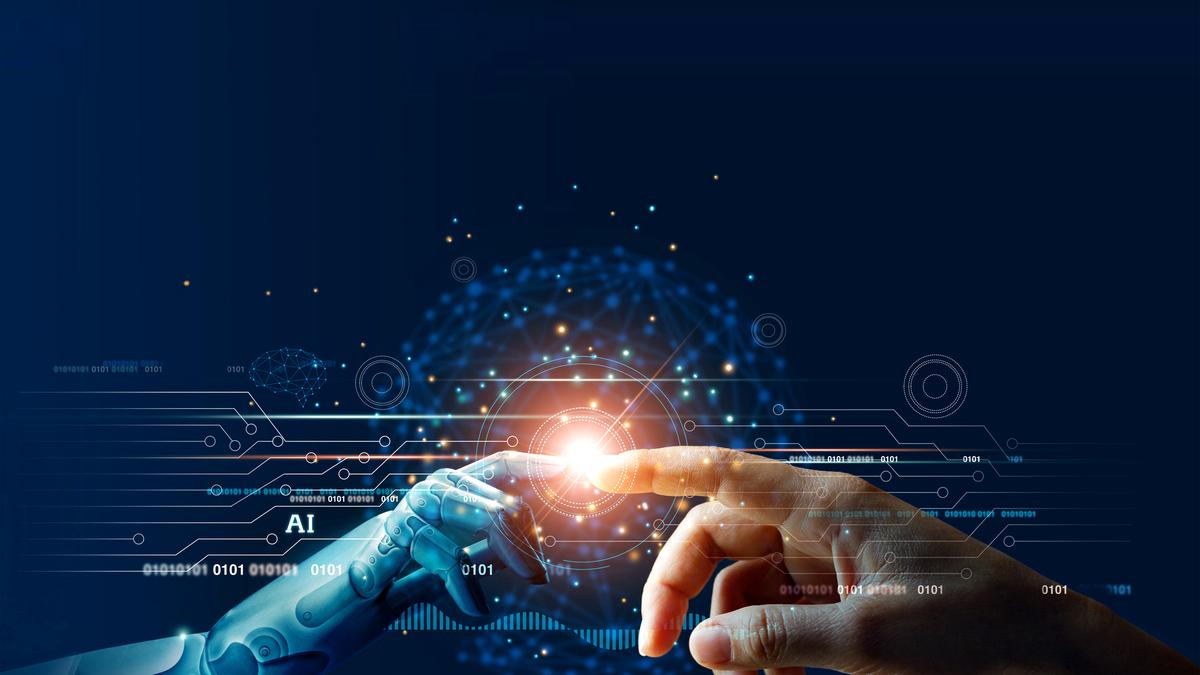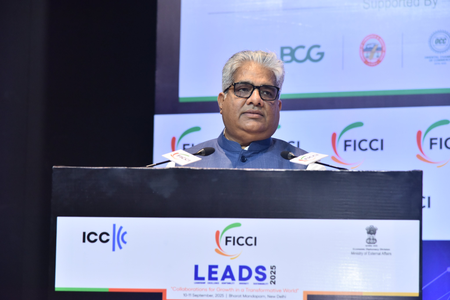By Megha Ghosh
Copyright yourstory

For millions battling depression, the road to recovery can be slow and uncertain. Studies show that only about 42% of patients report a 50% or more reduction in symptoms even after four weeks of taking antidepressant medication. Side effects also add to the struggle. This gap in safe, effective, and timely treatment is what Gurgaon-based neurotech startup Marbles Health aims to address.
Founded in 2020 by Ramya Yellapragada and Lakshay Sahni, Marble Health is building medical devices that use neuromodulation to treat psychiatric and neurological disorders. Neuromodulation is a method that uses mild electrical signals to stimulate certain parts of the brain, helping restore normal activity without the need for medicines.
Yellapragada completed her computer science degree at Indraprastha Institute of Information Technology, Delhi, with a focus on computational biology and neuroscience. Her interest in brain science started in college, but it became more personal when her brother struggled with a chronic mental illness at an early age.
“That really pushed me to dedicate my career to the science of the brain,” Yellapragada says. During a fellowship at Plaksha University, co-hosted with UC Berkeley, Yellapragada met Sahni. The two worked on several neuroscience projects together. “One of those projects led to what is now Marbles Health,” Yellapragada says. By 2021, the team was running validation studies at AIIMS Delhi.
“Medication has its place, but side effects are a major challenge. We wanted to create interventions that modify the brain’s electrical activity in a targeted way, without impacting the rest of the body,” Yellapragada tells YourStory.
Building Ease: India’s first licensed device of its kind
Marbles Health’s flagship device, Ease, is already being used in clinics across India to treat depression, anxiety, ADHD, OCD, and neurological conditions such as aphasia and post-stroke mobility loss.
The non-invasive device works by sending electrical impulses to specific parts of the brain while also recording EEG data. Doctors can then use a connected dashboard to set personalised treatment protocols. Patients receive therapy in clinics, and in some cases, at home when prescribed.
Yellapragada claimed that Ease showed a 63.8% drop in depression scores within just 10 days. “Ease is India’s first and only medically approved device of its category,” Sahni says. “In the last few months, doctors have already carried out multiple sessions with patients.”
Although Marbles Health began its journey in psychiatry, the team soon discovered applications in neurology as well. In one case, a patient had lost mobility in her right leg after brain surgery. “Within 20 days of using our device, she started walking again,” Yellapragada says.
Clients and adoption
The company follows a B2B model, selling Ease to psychiatrists, neurologists, and hospitals. It also offers a B2B2C service, where doctors prescribe at-home sessions delivered by Marbles’ team.
Marbles Health earns revenue from device sales and treatment sessions. Since each Ease device can treat many patients a day, doctors often buy more than one. The device is priced at around Rs 2.5 lakh, making it far more affordable than existing options, which cost anywhere between Rs 45 lakh and over Rs 1 crore.
Marbles Health began with early adopters like Uttar Pradesh University of Medical Sciences (UPUMS) and leading psychiatrists such as Dr. Vinay Shukla in Mumbai. “That showed us the scalability of the solution, from small towns to metro cities.”
Today, Ease is used at 37 clinics across India, including prominent institutions such as CIP Ranchi, KMC Manipal, and Mind and Brain Hospital, with over 1,200 doctors actively engaged in its use.
“Neuromodulation is opening new doors in psychiatry. With devices like Marbles Health’s Ease, we see safe, painless, and effective results in conditions where medicines often fall short,” says Dr Naren Rao, Medical Director, Manoshanti; Former Professor of Psychiatry, NIMHANS Bengaluru.
Funding and growth
Marbles Health has raised funding in three tranches from investors such as Capital2B, Whiteboard Capital, and healthcare leader Kuntal Baveja, former President of Novartis Austria. In just 5.5 months of operations, it has completed over 3,000 sessions and is aiming to reach $1 million ARR by year-end.
While the design and R&D are done in-house at the company’s Gurgaon base, the manufacturing takes place at one of its investors’ plants.
Marbles Health employs about 20 people, with most in R&D roles spanning neuroscience, clinical psychology, and engineering.
Competition and the challenges
“Our competitors are essentially medicines,” Yellapragada says. “If doctors are prescribing $2 billion worth of medication every year, we want to carve a small share in that.”
The biggest challenge, Yellapragada believes, is the slow pace of the healthcare industry. Building trust with doctors takes time, since they are introducing a new standard of brain care. It requires education, proof, and results.
Sahni says, “We first thought of going directly to consumers, but soon realised that doctors had to be the first step. Without their endorsement, patients would hesitate.”
Marbles Health operates in a market long dominated by medication and therapy. India’s psychiatric medication industry was estimated to be worth $2 billion in 2023, with an annual growth rate of 20–30%.
What’s next?
Marbles Health is now focusing on scaling Ease in India and widening its use in neurology. The team is also working on a more affordable direct-to-consumer (D2C) version of Ease, along with a motor stimulation device to help patients regain movement after strokes or injuries. Early trials showed recovery within just 20 days. Both products are expected to launch after the ongoing R&D phase in the coming years.
The long-term vision, however, is global. The startup has already signed MoUs with the UK’s NHS and presented its work to the World Health Organisation. “We want neuromodulation to be as common as a BP machine at home,” Sahni says.
According to the Grand View Research report, the global neuromodulation devices market is currently valued between $5.8 billion in 2024 and $6.6 billion in 2025. and is projected to reach $10.39 billion by 2030, growing at a CAGR of 8.51% from 2025 to 2030. “We’re aiming to capture around 5% of the market with the D2C products,” Yellapragada said.



